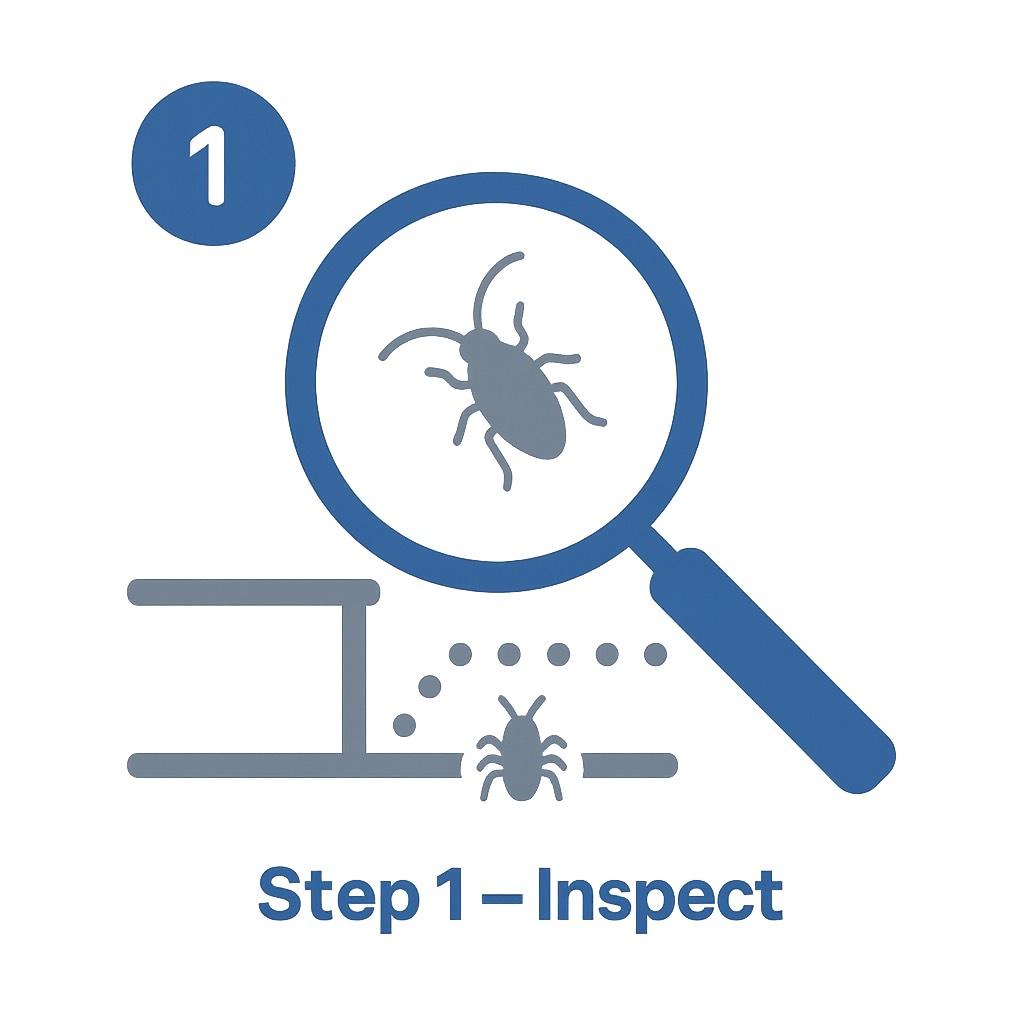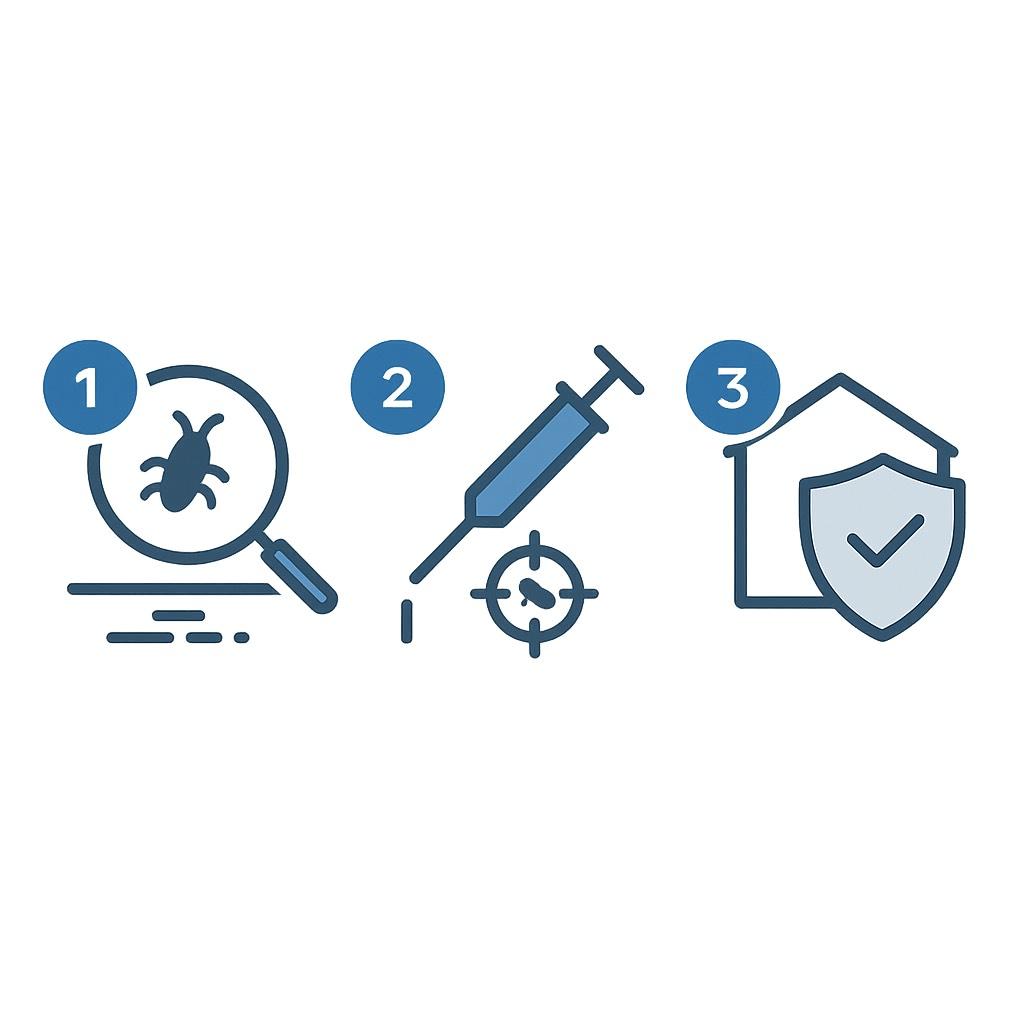 Skip to main content
Skip to main content
Our A+ BBB rating isn’t just for show—it means we deliver fast, effective rodent control when it matters most. From mice in apartments to rats in basements, BBH has the expertise to stop infestations before they spread. Don’t wait. One call to BBH can protect your home or business today.


We identify entry points, droppings, and nesting sites in kitchens, basements, and utility areas.

We seal entry holes, place professional traps and baits, and apply safe products where needed.”

Follow-ups ensure rodents are eliminated, and long-term plans maintain a rodent-free environment

• You need fast relief from visible mice or rat activity.
• You’re looking for a budget-friendly option.
• You want a single visit without warranty coverage.

• You want full elimination of rodents, including hidden nests.
• You want the peace of mind of warranty coverage if activity returns.
• You live in multi-unit housing or run a business where prevention is critical.
“Whether you’re curious about how rodent treatments work, how long they take, or what preparation is needed, our experts are here to provide clear answers. Get in touch for trusted guidance from certified rodent exterminators who understand NYC’s toughest infestations.”
Droppings, gnaw marks, scratching sounds at night, and nests made of shredded material.
Yes, rodents can transmit salmonella, hantavirus, and other illnesses.
Mice and rats are nocturnal, so they’re most active after dark.
Yes, they can chew drywall, wood, plastic, and even wiring.
Mice can squeeze through openings as small as a dime.
Yes, rats are excellent climbers and can scale walls, wires, and pipes.
Yes, infestations usually involve multiple rodents, not just one.
Mice can have litters every 3 weeks; rats every 4–6 weeks.
Yes, chewing on wires is common and can even cause fire hazards
Inside walls, basements, attics, or near food and water sources.
They are mostly nocturnal, but daytime sightings mean a large infestation.
Yes, they leave droppings and urine that contaminate surfaces and food supplies.
Their teeth never stop growing, so they gnaw constantly to keep them trimmed.
Yes, they can nest outdoors in burrows, woodpiles, or vegetation.
– Usually, seeing one means many more are hiding nearby.
When it comes to mice and rat infestations, experience and reliability matter. With over a decade of expertise, we provide licensed and insured treatments that are safe, effective, and built to last. Plus, first-time customers get 15% off their service—because protecting your home or business shouldn’t break the bank. Let BBH help you take back your space today.”


